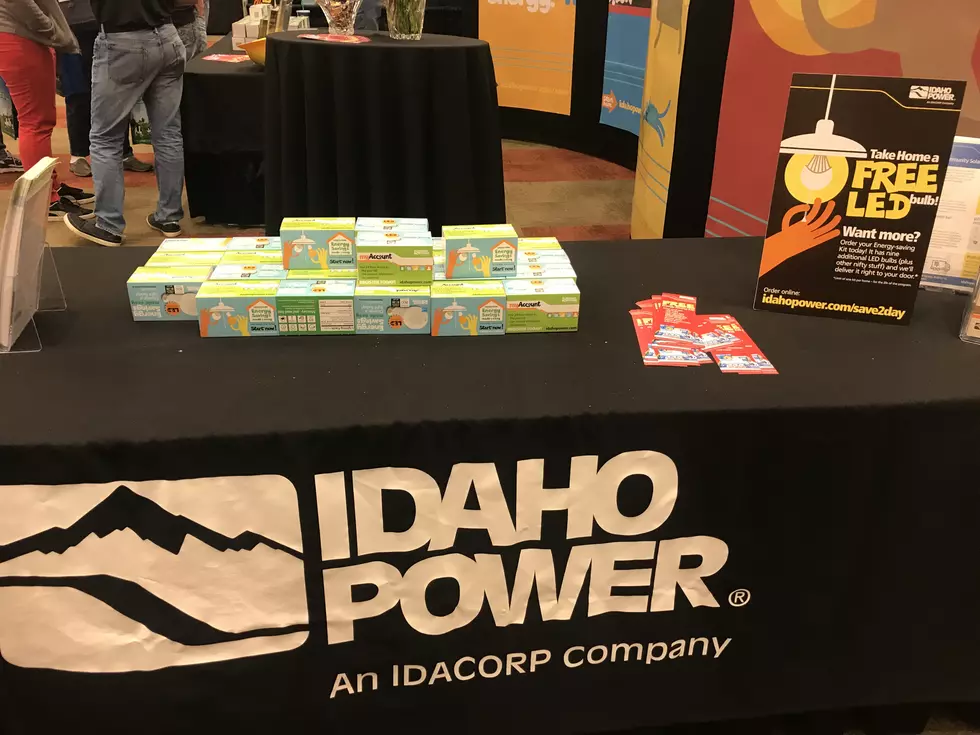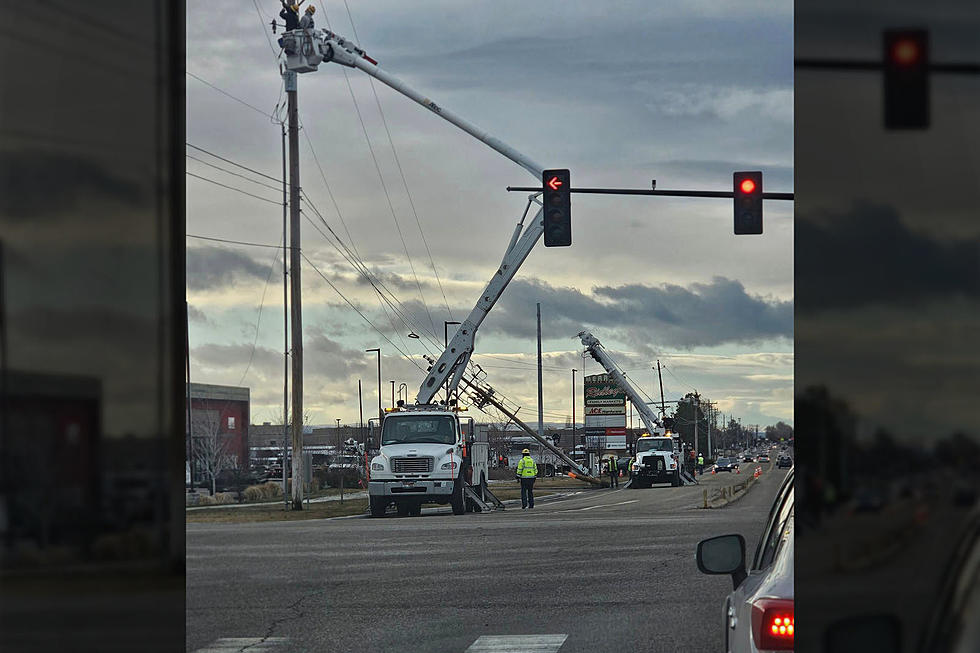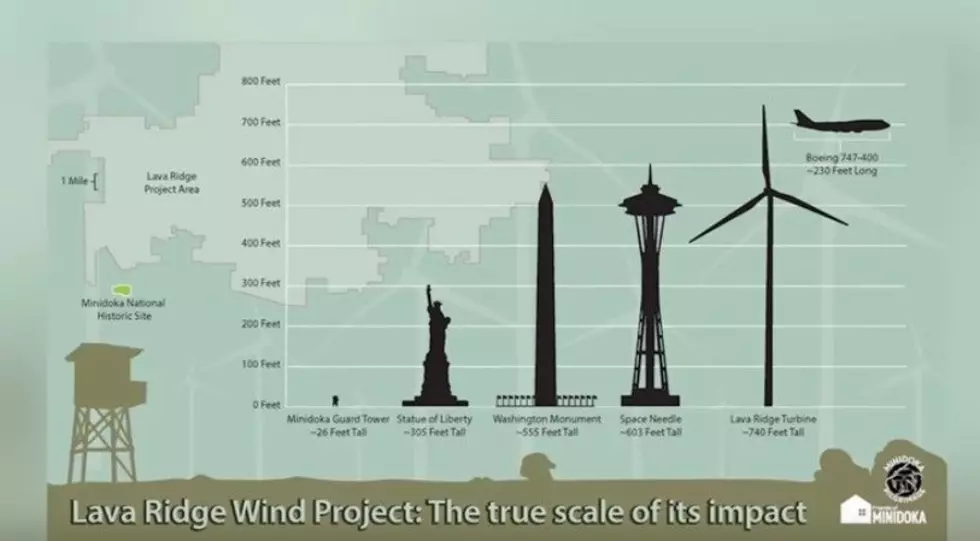
Idaho Power Asks For Your Help Combating Triple Digit Heat
Could we have a situation where we lose power during the upcoming triple-digit temperatures next week?
In a press release that has garnered the attention of everyone in the Gem State, Idaho Power is asking you to conserve your power. You can read the release below, but this release raises some troubling questions.
We've already begun to see the impacts of the sweltering Spring/Summer season. Farmers and ranchers have begun to conserve their water and perhaps will have an abbreviated growing season.
Four in the afternoon to nine in the evening is the hottest part of the day in Idaho. One listener suggested that you adjust your air conditioner up a few degrees to ease demand on the grid. Will Idahoans follow Idaho Power's suggestion? However, it depends; however, we don't want to have a blackout, a transformer station blowing up, leading to loss of power.
Idahoans are known for their toughness, and we will get through the hot temperatures next week. Our big concern is whether our infrastructure will match our resilience. Governments and private industry must embrace anticipating the challenges of growth that we see right now.
Our friend Wayne summed it up in an email:
Are you thinking maybe you should pull back the "kudos" you gave Idaho Power earlier this week? You know it's only going to get worse....especially if they start removing the dams.
Just poking the bear some........
Star Mayor Trevor Chadwick said blackouts have happened in our area in the past. Here's his Facebook comment:Trevor Andrew Chadwick
Multiple days of triple-digit heat around the West are straining the regional energy grid as air conditioners, and irrigation systems work overtime. Idaho Power is preparing for increased demand for energy as the area experiences sustained near-record temperatures in addition to unprecedented growth. The company is asking customers to help.
Idaho Power is asking customers who can safely do so to reduce their energy use from 4 p.m. to 9 p.m. over the next several days. Conserving energy during these hours of highest demand, and when solar power is fading, can help prevent reliability issues due to the region-wide strain on the grid. The potential impacts of the heatwave are intensified this year due to drought and a shortage of regional transmission connections outside our system to move energy where it's needed.
Idaho Power offers the following tips:
- As comfort allows, turn your thermostat up a few degrees so the A/C isn't working quite so hard.
- Barbecue, microwave or use a pressure cooker, instead of using an electric range or oven.
- Close doors, windows and blinds during the late afternoon when the sun is still heating up the house.
- Power down devices (computers, tablets, TVs and gaming systems), and have a screen-free evening.
- Use lights in occupied rooms only (if needed), and keep the fridge and freezer doors closed as much as possible.
- Save the dishes and laundry for the morning.
- Avoid irritating or running the sprinklers during these hours, shifting to morning or night if possible.
For more energy-saving tips to help lighten the energy load, visit idahopower.com/save. To stay in the know in case outages do occur, sign up for outage alerts ahead of time with My Account.
LOOK: 15 Discontinued McDonald's Menu Items
READ ON: See the States Where People Live the Longest
More From Idaho’s Talk Station








